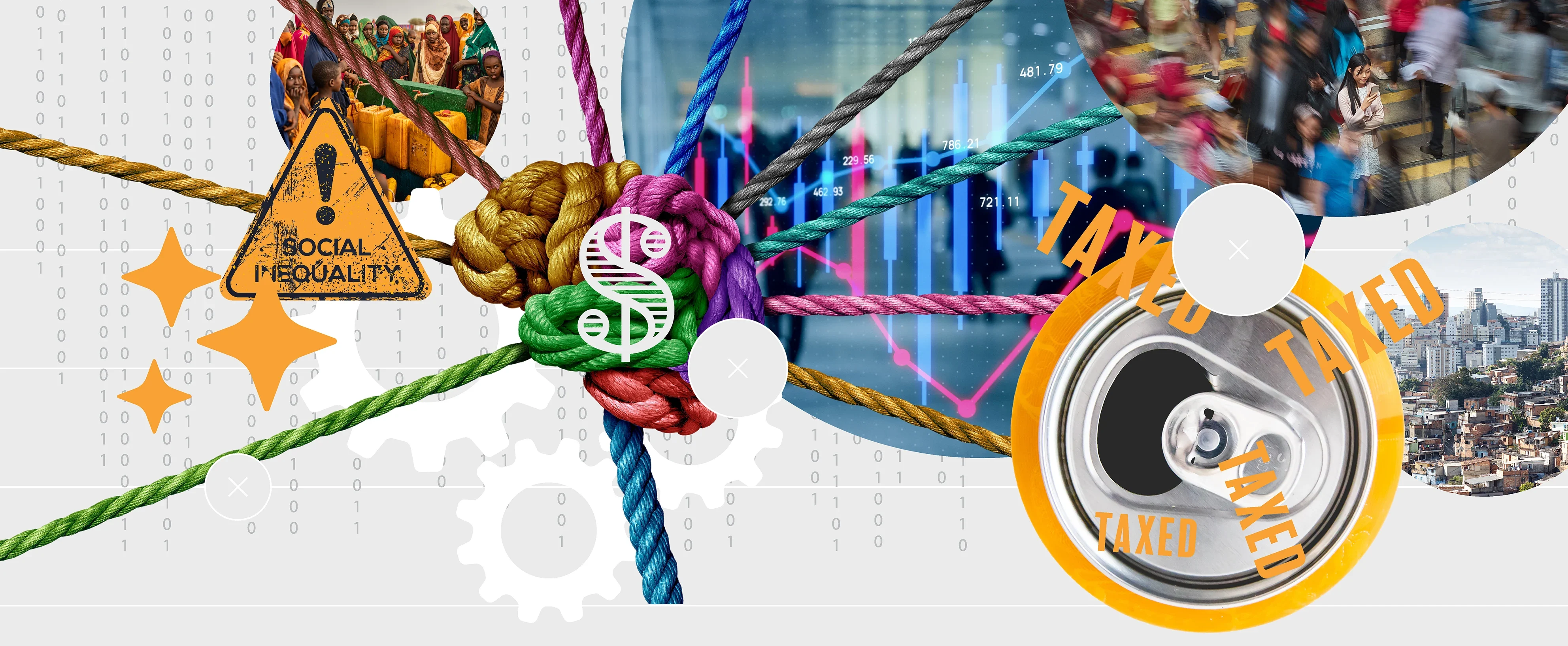Future Horizons:
10-yearhorizon
Lessons of behavioural economics become mainstream
25-yearhorizon
Appreciation of complexity brings useful perspectives
Because this is now recognised to be a more challenging problem to solve than was previously acknowledged, the field has had to use a range of models, recognising that human behaviour is highly context-specific. For instance, the behavioural biases affecting financial decisions can differ significantly from those influencing health choices. A surge in empirical studies using randomised controlled trials and field experiments has sought to understand decision-making in diverse settings and consider possible interventions.
There has been increasing absorption of behavioural economics into fields like finance and development economics. This has been further enabled by the use of big data and AI not only to predict human behaviour but to provide insights into socio-economic questions related to fairness and redistribution.
Beyond individual-level interventions (the "I-frame"), there is a growing recognition that systemic changes (the "S-frame") are also needed.2While "nudges" can encourage better individual choices, critics warn these tools can deflect responsibility from powerful players and institutions. Instead, large-scale societal problems — such as climate change — require regulatory and legislative solutions on systemic scales. There is also an increasing acknowledgment of the ethical underpinnings of policy recommendations, with a focus on understanding what people genuinely perceive as fair.
In essence, behavioural economics is transitioning from merely critiquing notions of “rationality” and identifying human quirks to actively informing policy and system design, with an ever-growing emphasis on empirical evidence, real-world application and a stronger focus on ethics, along with more nuanced understanding of human values.
Behavioural economics - Anticipation Scores
The Anticipation Potential of a research field is determined by the capacity for impactful action in the present, considering possible future transformative breakthroughs in a field over a 25-year outlook. A field with a high Anticipation Potential, therefore, combines the potential range of future transformative possibilities engendered by a research area with a wide field of opportunities for action in the present. We asked researchers in the field to anticipate:
- The uncertainty related to future science breakthroughs in the field
- The transformative effect anticipated breakthroughs may have on research and society
- The scope for action in the present in relation to anticipated breakthroughs.
This chart represents a summary of their responses to each of these elements, which when combined, provide the Anticipation Potential for the topic. See methodology for more information.



